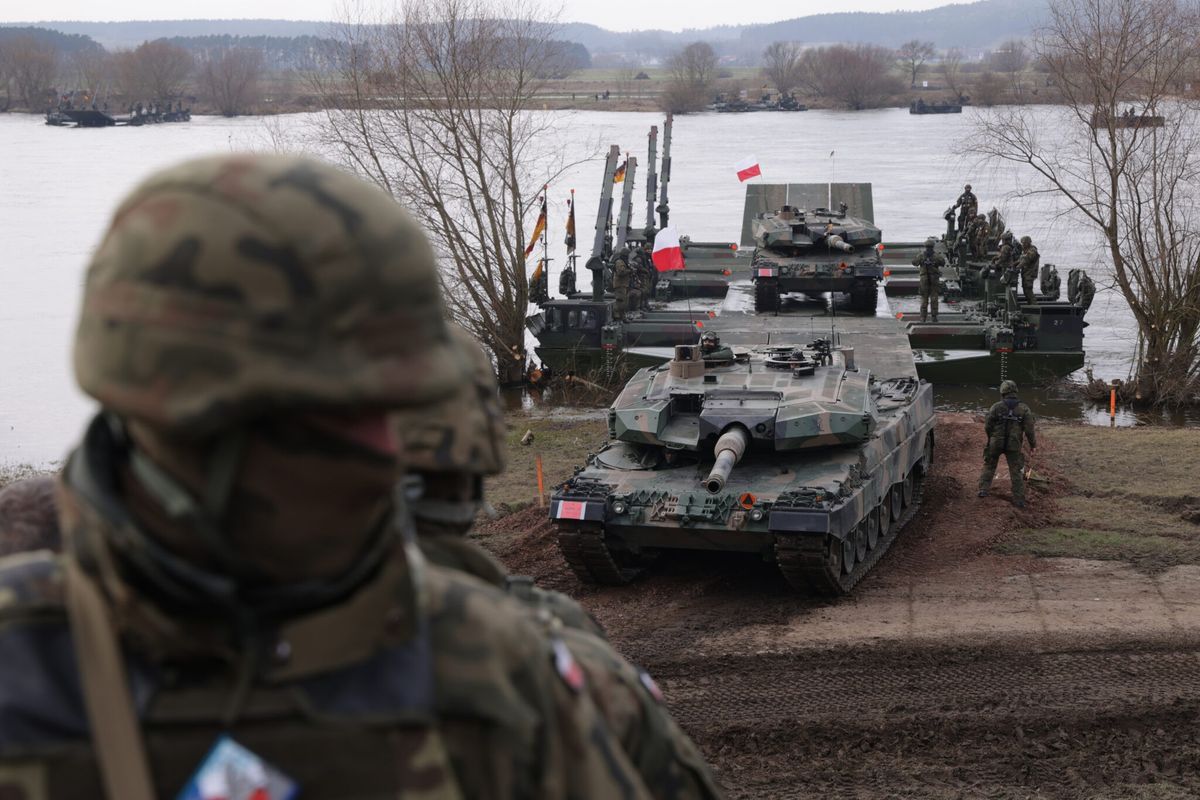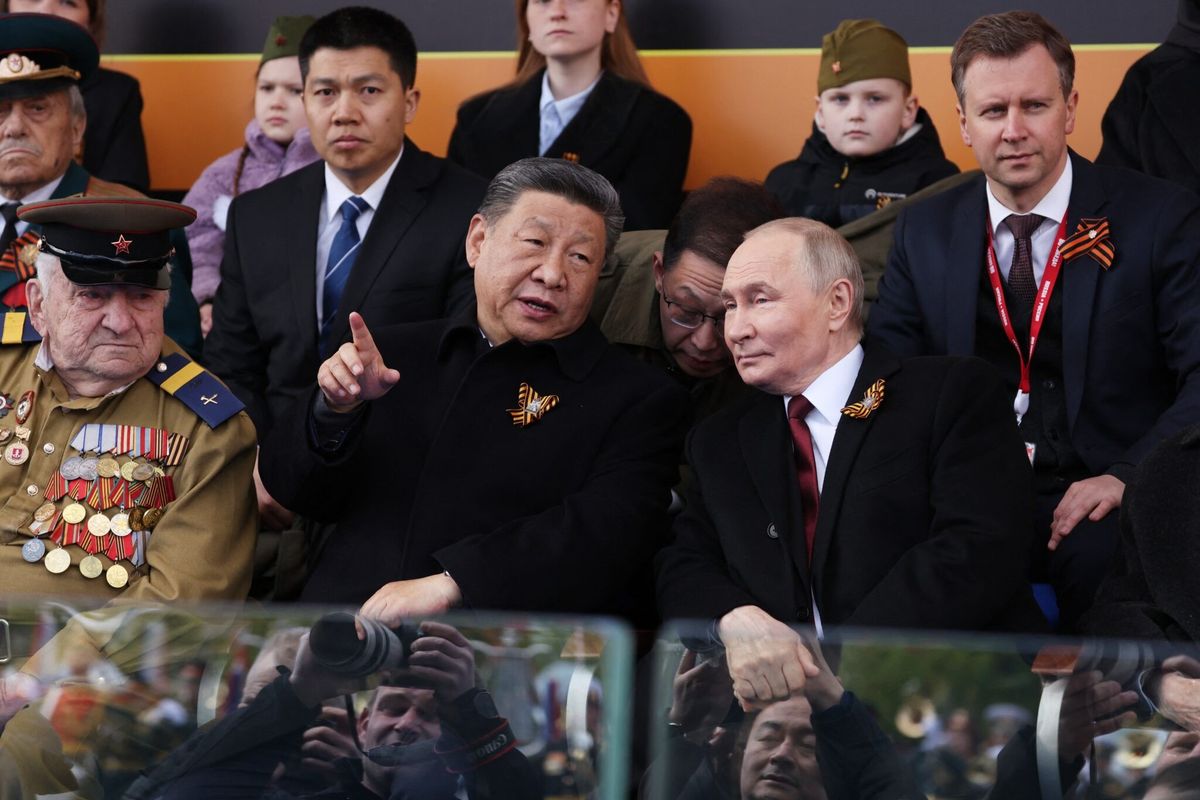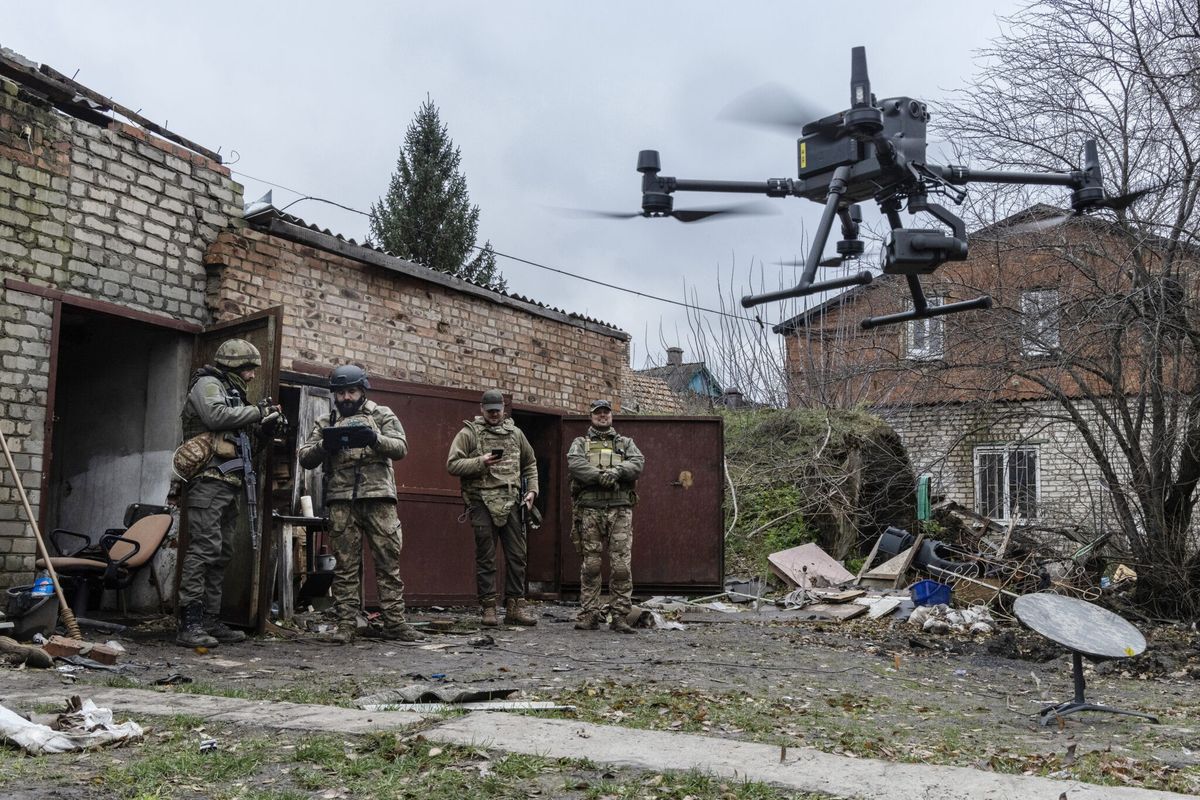SUBSCRIBER+ REPORTING — Congress waded into an explosive debate Wednesday, in the wake of revelations that Russia may have been behind the so-called “Havana Syndrome” that has afflicted hundreds of American officials over the past decade, including diplomats, CIA officers, FBI agents, White House staff and family members.
“Dating back to 2014, a number of U.S. diplomatic military and intelligence officials and their families have reported major medical symptoms that have affected their auditory and sensory motor skills,” said August Pfluger (R-TX), Chairman of the House Homeland Security Subcommittee on Counterterrorism, Law Enforcement, and Intelligence. “It’s paramount that we acknowledge the gravity of the situation.”
The committee heard from expert witnesses that Russia may have “targeted and neutralized” dozens of U.S. intelligence agents in recent years in a covert operation using sonic weapons. The hearing was called after The Insider published the results of a yearlong investigation conducted with 60 Minutes and Der Spiegel which uncovered evidence suggesting the Havana Syndrome symptoms – severe headaches, nausea, loss of balance, and cognitive decline – may have been caused by “directed energy weapons” wielded by members of a special Russian military intelligence unit.
The revelations have called into question U.S. intelligence assessments that said Havana Syndrome could not be tied to any foreign adversary.
The lead reporter for The Insider investigation, Christo Grozev, testified Wednesday that the joint report was “not a smoking gun but a very plausible operational theory” to explain the cause of the Havana Syndrome cases. “The totality of the evidence uncovered by our team has proven that Russia has the motive, the means and the opportunity to have developed and used non-lethal acoustic or electromagnetic wave weapons against members of U.S. intelligence and law enforcement community,” Grozev told the committee.
In an interview with The Cipher Brief on the eve of the hearing, Grozev said he had initially been “deeply skeptical” of a Russian connection, but had come to believe that the Russian intelligence Unit 29155 - which Grozev called Russia’s “most aggressive clandestine sabotage unit” – was likely to blame.
“I believe there is a crime, and that the (U.S.) government unfortunately went to extremes to prove that there is no crime to begin with,” he said.
Lt Col. Gregory Erdgreen, who led a task force on Havana Syndrome for the Defense Intelligence Agency (DIA), told the committee that “America’s best men and women in national security are being targeted and neutralized.” While Erdgreen said his investigation at DIA had been under-resourced, his team had found that “consistently, there was a Russia nexus.”
Unit 29155: the Insider report
Grozev, a long-time reporter for the investigative journalism group Bellingcat, led the joint investigation into Havana Syndrome, which got its name because the first publicly reported cases were traced to Cuba’s capital. It has since come to light that American officials in other parts of the world suffered attacks prior to the Havana cases - including a 2014 episode in Frankfurt, Germany.
The three news organizations scoured travel documents, mobile phone records, and eyewitness testimony, and conducted interviews with several of the American victims. Their investigation placed members of Unit 21955 at the scenes of several episodes of Havana Syndrome in different parts of the world, in close proximity to Americans who suffered symptoms.
The Insider also discovered that members of the Russian unit had been rewarded for their work on “nonlethal acoustic weapons” - a possible synonym for the weapons in question - and found a strong suggestion of motive; as Gozrev told The Cipher Brief, several of the Americans affected had worked on Russia-related matters, including CIA officers who worked with Ukraine.
“This coincided with a time in history where the Russian security services were harassing American intelligence officers in Moscow, around the world,” Gozrev told The Cipher Brief. Putting together all the “coincidences,” he said, “you can't find an innocent explanation to all of this.”
The U.S. findings
For its part, the U.S. intelligence community insists it has spent years studying the cases of Havana Syndrome and found no clear link to Russia or any other nation-state culprit.
The CIA said in 2022 that most of the cases could be "reasonably explained" by medical conditions or environmental and technical factors. The Office of the Director of National Intelligence (ODNI) issued findings in March 2023 stating that it was "very unlikely a foreign adversary is responsible." In its annual Threat Assessment Report issued in February, the intelligence community (IC) said of the Havana Syndrome cases that “most IC agencies have concluded that it is very unlikely a foreign adversary is responsible for the reported AHIs [anomalous health incidents].” And in March, the National Institutes of Health (NIH) published the results of a nearly five-year study which found that while the Havana Syndrome symptoms were real, those afflicted had shown no signs of traumatic brain injury, and that the incidence rate of symptoms wasn’t different than in the general public.
In the wake of The Insider report and a companion piece that aired on 60 Minutes, the White House, Pentagon and the State Department all stood by the IC's 2023 assessment.
Asked about the link to Russia, White House Press Secretary Karine Jean-Pierre said, “The intelligence community has not concluded that.”
The ODNI said that while The Insider’s investigation had not altered its view, “these findings do not call into question the very real experiences and symptoms that our colleagues and their family members have reported.”
For its part, the Kremlin has rejected the Insider findings as well, making this issue – for now – one of the few on which Moscow and Washington agree.
“This is nothing more than a groundless accusation,” Kremlin spokesman Dmitry Peskov was quoted as saying by Russia’s TASS news agency.
Anger among the victims
Among questions raised by victims, journalists, and now members of Congress as well: Was the U.S. intelligence community previously aware of the details uncovered by the journalists’ recent investigation? Does the IC have an alternative theory about the origins of Havana Syndrome? Are the Insider findings merely a collection of coincidences? And if Russia is found to have been behind the attacks, how would the U.S. respond?
The Homeland Security committee pledged to both find answers about the cause, and to ensure that all those who have reported symptoms receive adequate care.
For now, the government's doubling down on its assessment has infuriated many of those who have reported symptoms.
Marc Polymeropoulos, a former senior CIA official who was afflicted with severe Havana Syndrome symptoms during a 2017 mission to Moscow, said the recent reports and revelations “certainly undercut the idea that the IC (intelligence community) was putting forth that there's a very small likelihood that this was an adversary doing this.”
Polymeropoulos told The Cipher Brief that he viewed the IC's investigation as “a story of betrayal” in which his complaints and the recent revelations haven’t been taken seriously.
“A lot of it has to do with just this notion of always trying to disprove the idea that it could be something,” he said. “To me, that just doesn't make sense. That's not the scientific method. Analytically, what they should have been doing is trying to prove that it was an adversary, not going into it trying to prove that it wasn't. So everything that was done on this, I think, was flawed.”
Read more expert-driven national security insights, perspective and analysis in The Cipher Brief.













